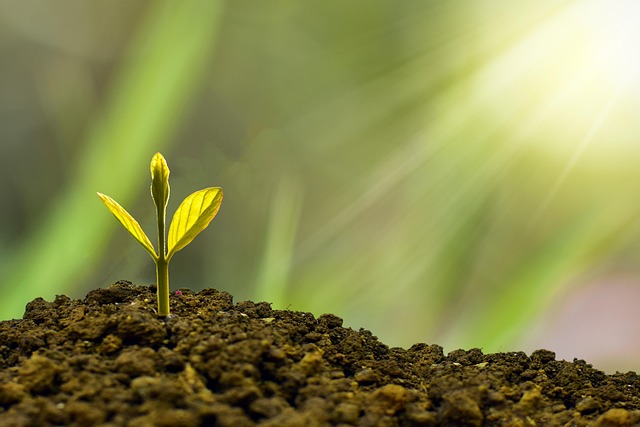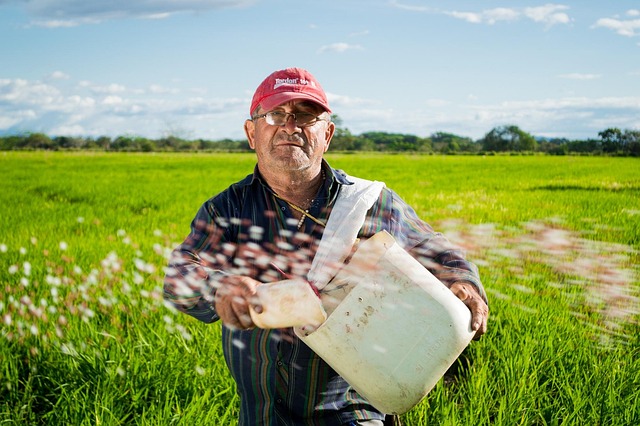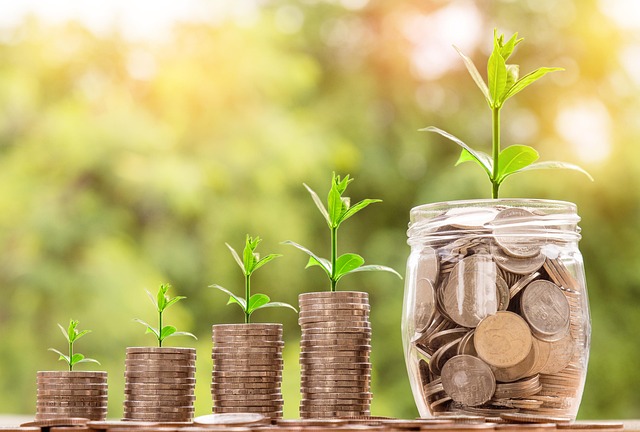As our world grapples with the escalating impacts of climate change, cultivating a sustainability mindset has never felt more paramount, especially for those of us passionate about gardening. Growing our own fruits and vegetables can be a powerful avenue to not only personalize our diets but also to foster a deep connection with nature and contribute positively to our environment.
This journey begins with a simple seed of thought: how can we, as gardeners, create a thriving ecosystem while ensuring the longevity of our planet? Embracing eco-friendly practices in our gardening efforts is a vital step toward achieving that sustainability mindset. One of the first steps to adopting this mindset is by choosing organic methods. By avoiding synthetic pesticides and fertilizers, we can nurture healthy soil and promote the natural biodiversity that plants need to flourish.
Composting is another powerful practice to integrate into your gardening routine. By recycling kitchen scraps and yard waste, gardeners can create nutrient-rich soil amendments that not only reduce waste but also provide a natural food source for plants. Additionally, planting heirloom and native varieties further reinforces a sustainability mindset; these plants are often hardier and better adapted to local conditions, requiring less water and fewer resources.
Incorporating permaculture principles into our gardens can enhance our connection to eco-conscious gardening. By designing our gardens to work with nature—like planting companion plants to deter pests and using rain gardens to manage runoff—we can create a sustainable environment for both our crops and local wildlife. This not only ensures a productive yield but also fosters a sense of harmony with nature.
Water conservation is another critical aspect of green gardening. Implementing practices such as drip irrigation, rainwater harvesting, and mulching can dramatically reduce water waste. It encourages us to reflect on our relationship with this precious resource, reinforcing our sustainability mindset. Each drop saved is a small victory that contributes to the larger picture of environmental stewardship.
Moreover, by creating pollinator-friendly gardens, we can invite bees, butterflies, and other beneficial insects, essential for the pollination of many food crops. Planting diverse flower species alongside our fruits and vegetables not only beautifies our space but actively supports garden ecosystems. This approach fosters a deep respect for nature’s incredible web of life, helping to shift our perspectives towards a more sustainable way of living.
As we dig into the soil, propagate our plants, and harvest the fruits of our labor, it’s important to appreciate the symbiotic relationship we share with the earth. Each garden is a reflection of our commitment to the health of our planet. Embracing a sustainability mindset isn’t just beneficial for our gardens; it’s a way to align our dreams of a greener future with our daily choices, giving us a sense of purpose and fulfillment.
By instilling values of sustainability in our gardening practices, we not only grow food; we cultivate an awareness that transcends our backyard. It spreads into our communities, inspiring others to make environmentally conscious choices. These little actions collectively contribute to a colossal change, emphasizing that we are stewards of the earth, committed to protecting our environment for generations to come. As we nurture our gardens, let us also nurture the sustainability mindset that empowers us to harmonize our lives with the world around us.




